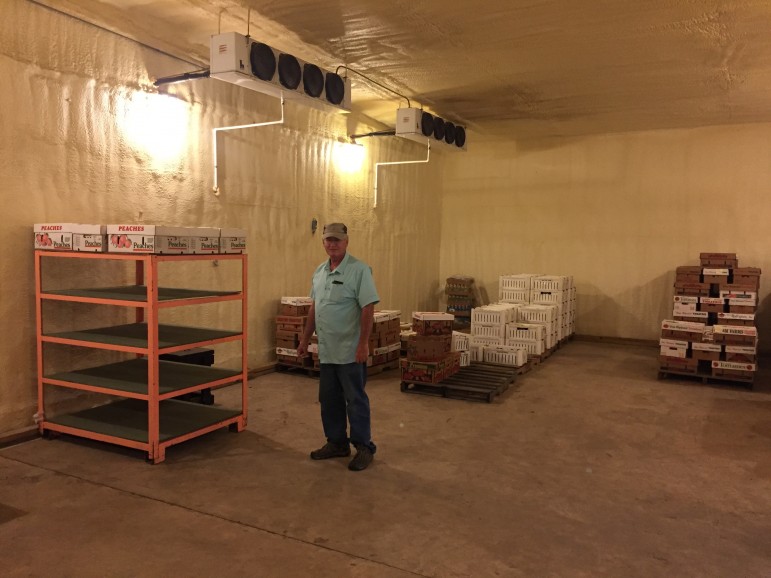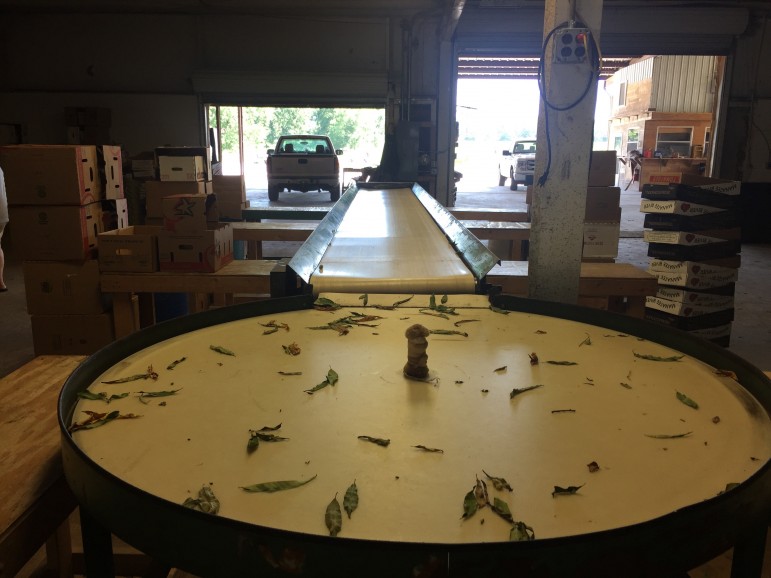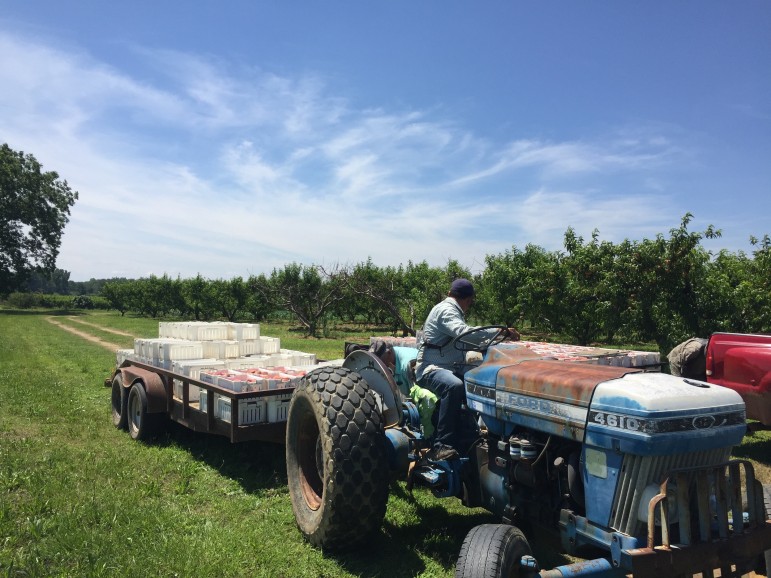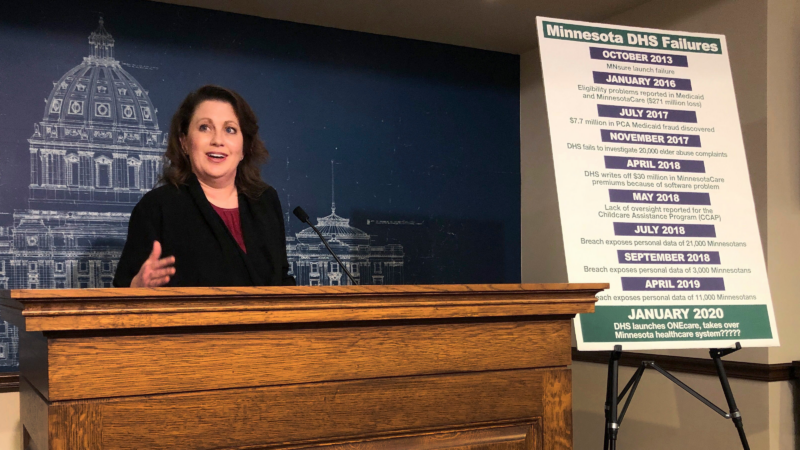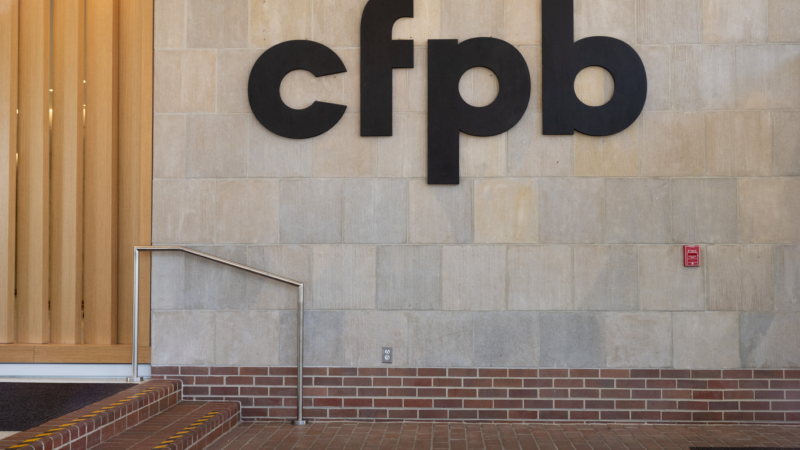Get ‘Em Now: Local Peach Shortage Looms
If you love locally grown peaches, the kind you see at roadside stands and farmers markets in Alabama, stock up while you can. Mainly because of weird weather over the winter, there’s almost certainly going to be a dip in supply.
There’s already a significant dip in the number of peaches in Chilton County farmer Henry Williams’ cooler. Walking into it is an intense sensory experience. The concentrated peach essence on the bracing air makes your mouth water. But besides the few boxes of fruit, there’s something unusual in that cavernous room: space.
“Normally this time of year, we’d be pressed to fit everything in here,” says Williams. “At least two or three days a week, this thing’d be full. It ain’t even been half full this year.”
It’s ironic learning about this in a cooler, because the main reason there are fewer peaches here and across the South is warmth.
As the appropriately named Jim Pitts, who heads Auburn University’s Chilton Research and Extension Center, puts it, “in order for the peaches to develop, they have to have so many hours of cold weather. [But last winter] we did not have enough chill for the hormones of that tree to trigger, for the flowering to begin, for the leaves to begin. This could be a double-whammy, because not only do you lose your crop, but we could be losing trees.”
Even just riding in Henry Williams’ pickup, you can see that double-whammy is not hypothetical. Healthy looking trees and sickly trees are interspersed across his 125-acre orchard.
“We’re going to lose a lot of trees this year due to the lack of chill,” he says. Some of the trees are relatively heavy with peaches. But many are not. Williams points to one:
“This tree – there might be 25 on it. There should be 400.”
Williams says he’s had good years recently that will help tide him over, but farmers who haven’t will likely have to rely on other sources of income. That’s also true of the field workers, who are getting far fewer paid hours than normal.
“It’s a pretty detrimental thing because there are growers in our county that have less than 20 percent of a crop,” says Williams.
If lots of trees die, there may be a long-term drop-off too. It takes three or four years for a peach tree to start producing.
But what about this season?
“Between now and the Fourth [of July], there are some growers that will basically be finished with the season by then. Normally our season lasts until the end of August,” says Williams.
In other words, though there’ll be plenty of peaches shipped in from California and other places, if you like the unique taste of the locally grown fruit, they’ll likely cost more, and you might want to get them now.
Trump administration says it’s freezing child care funds to Minnesota
President Trump's administration announced that it's freezing child care funds to Minnesota after a series of fraud schemes in recent years.
Flu cases are surging and rates will likely get worse, new CDC data shows
Flu season is off to a rough start this year, according to new CDC data. The virus is spreading faster than in previous years and the surge is likely to get worse. Here's what you need to know.
10 passion projects that stood out at the movies this year
NPR critic Bob Mondello narrows down his favorite movies of the year — the ones that made audiences vibrate.
Judge orders Trump administration to continue to seek funding for the CFPB
The order is the latest in a complex legal battle over the fate of the Consumer Financial Protection Bureau, a watchdog agency.
In a year of steep challenges, there were still shining moments in global health
The Trump administration's deep cuts in U.S. foreign health aid had a devastating impact. Yet there were achievements of note in spite of it all.
An escalation in Yemen threatens to reignite civil war and widen tensions in the Gulf
Saudi Arabia bombed Yemen's port city of Mukalla, targeting a shipment of weapons from the United Arab Emirates for separatist forces. The UAE later said it would withdraw its forces from Yemen.

